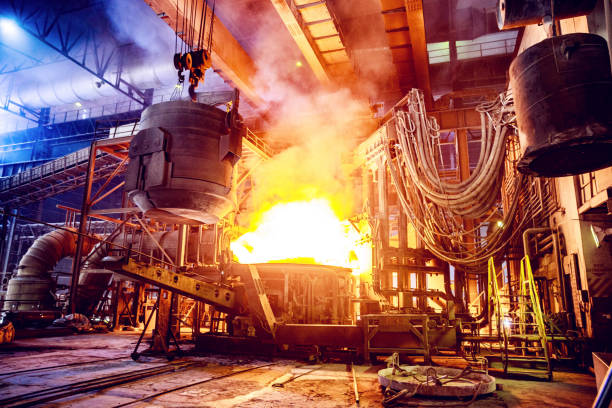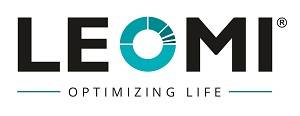
Steel is the world’s most important engineering and construction material. Currently (year 2020) 1810 MT steel is produced world-wide for various uses. It is 100% recyclable and can be used infinitely. Steel Industries used advanced technologies and techniques to increase production yield rates and to facilitate the use of co-products. As a result of the intrinsic recyclability of steel, the value of the raw materials invested in steel production lasts far beyond the end of a steel products life. It is used in every aspect of our lives; in automotive to construction, home appliances to medical devices & many more.
Steel is produced by two main process
- The Blast Furnace- Basic Oxygen Furnace (BF-BOF) method
- Electric Arc Furnace (EAF) method
The key difference between the methods is the type of raw materials they consume. For the BF-BOF methods are predominantly iron ore, coal, and recycled steel, while the EAF method produces steel using mainly recycled steel and electricity. Depending on the plant configuration and availability of recycled steel, other sources of metallic iron such as direct-reduced iron (DRI) or hot metal can also be used in the EAF method.
Aluminum, cast iron, and steel are the most commonly processed metals. The majority of coke comes from by-product coke ovens. The coke is prepared in brick furnaces and volatile gas by-products (primarily ammonia, coal tar, and gaseous compounds) are collected and saved. In recovery coke plants the waste gas exits into a waste heat recovery boiler which converts the excess heat into steam for power generation. In non-recovery coke plants, gas by-products collect in a common tunnel and exit via a stack. Many foundries use generated heat to run boilers for site power requirements, which involves measuring combustion air flow and fuel flow to boilers, and measuring stack exhaust gas.
LEOMI Thermal Mass Flow meters are in various steel foundry processes as below
- Measuring blast air into furnace
- Coke oven gas (COG ), Blast furnace gas (BF) & Natural gas
- Monitoring exhaust, stack, and emission gases
- Baghouse flow
- Nitrogen blanketing
- Continuous caster pneumatic systems
LEOMI Insertion thermal mass flow meters provides
- No moving parts, direct mass flow measurement do not require separate temperature or pressure transmitters
- Easy & cost effective installation in large duct possible
- Programmable user defined gas mixture possible
- Long life & rugged sensor insensitive to dust and dirt
- Customised & cleanable sensor assembly possible
- Works well even in high moisture gases
- Versatile & Adjustable from various pipe dimensions
- Accurate over entire temperature ranges up to 400C
- Wide turn down ratio range 100:1 makes it more preferable for steel plants
For your specific application of steel and power industry, explore our Gas wise application section.
